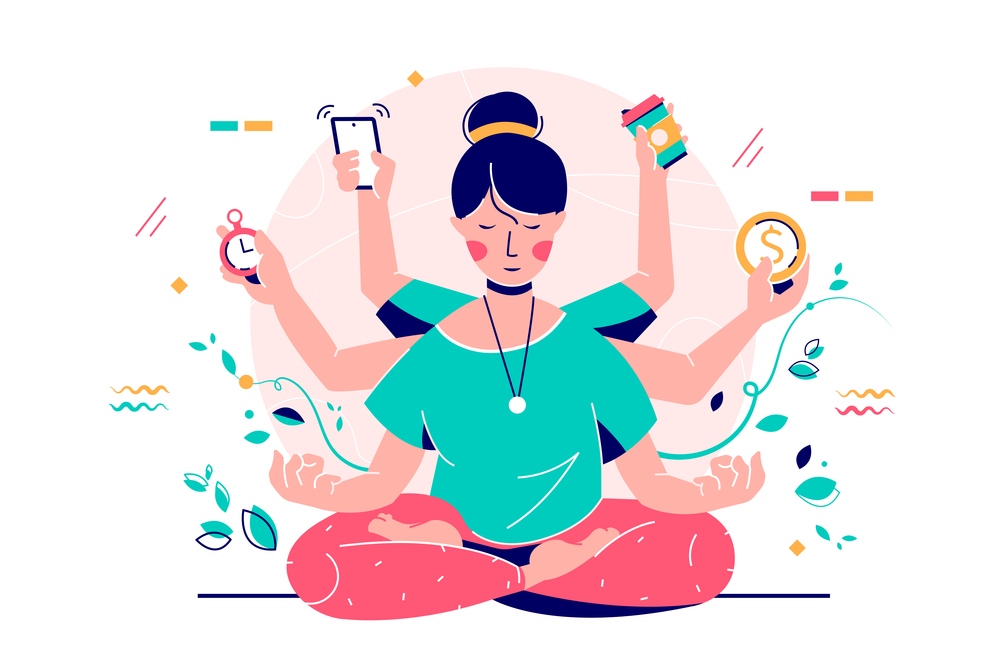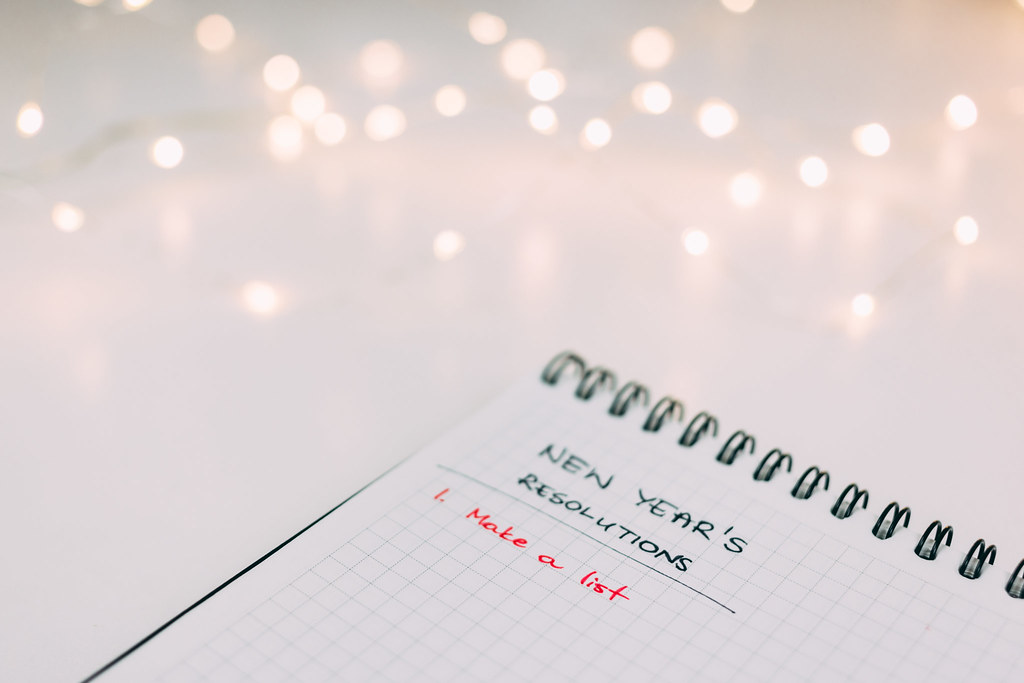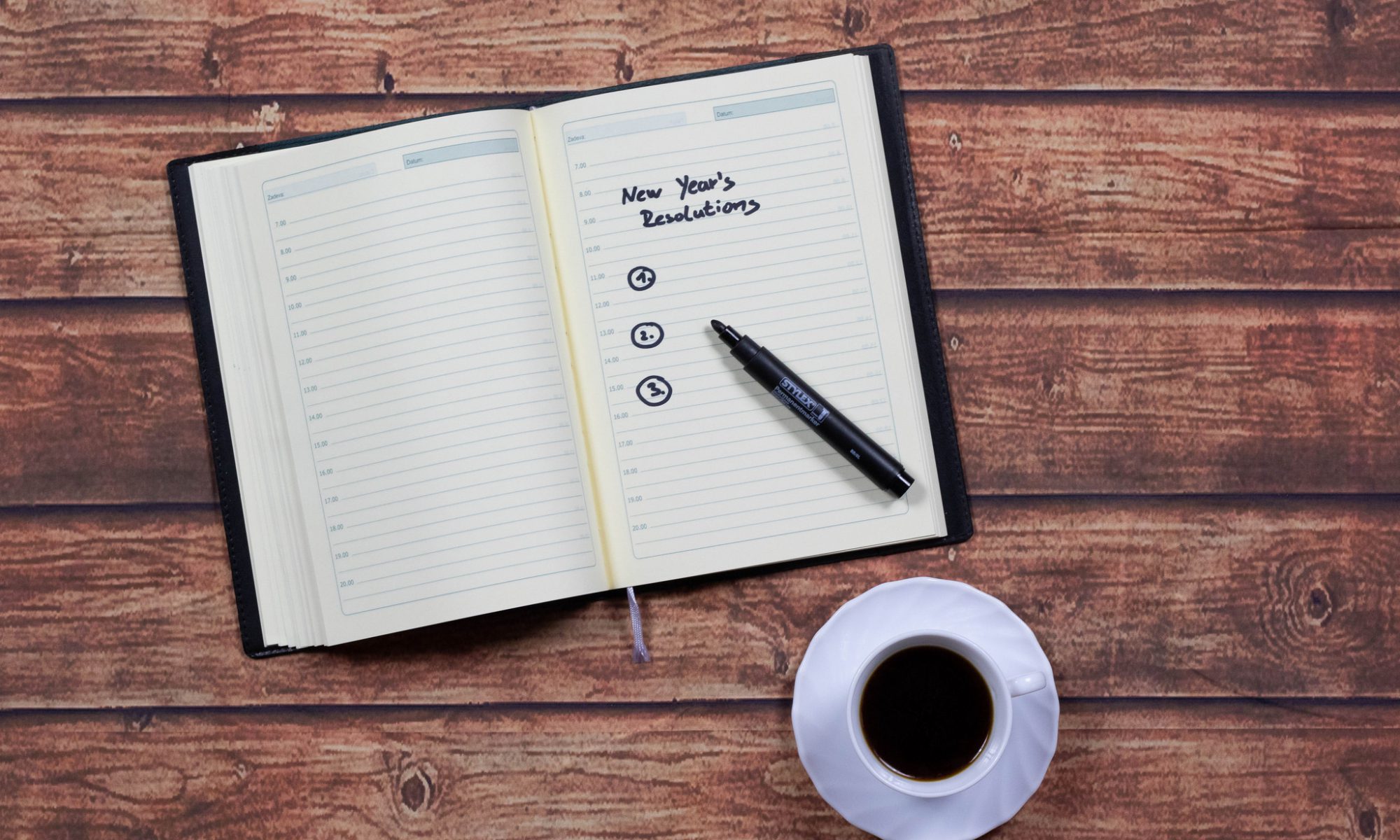You got a favorite read from 2022?
Daniel Story: “The Painful Truth About Insects” by Daniel Burkett
I found this article to be so deliciously disturbing. Burkett gives us reason to think that insects can, like human beings, experience suffering and that moreover we have moral reason to care about this suffering. The potential implications of this are astonishing. When you crush an ant, swat a fly, or spray pesticides, you are spreading horror, just like if you were to, say, sever a puppy’s leg or poison a horse. And even if you never harm another insect in your life, many (if not most) of the 10,000,000,000,000,000,000 insects alive right now will very soon die excruciating deaths. What sort of hideous god would allow such a huge quantity of pointless suffering?
Giles Howdle: “Were Parts of Your Mind Made in a Factory?” by Daniel Story
What I liked so much about this article was how fluently it moves from a compelling exploration of dementia and how its sufferers adapt, to a philosophically tricky concept — the ‘extended mind thesis.’ I also loved how the article explored so many tough and profound ethical questions.
Evan Arnet: “Kill-Switch Tractors and Techno-Pessimism” by Megan Fritts
Especially in light of recent publicized advances in AI, moral reflection on technology is critical. Despite the rise of modern agriculture, farming often has a traditionalist pastoral connotation and therefore tractors serve as a great example of the reach of technology into all aspects of our lives. It is also a vivid illustration of the tenuous control we have over our own possessions — our cars capable of locking us out remotely, our books held on someone else serves.
Richard Gibson: “Kill-Switch Tractors and Techno-Pessimism” by Megan Fritts
Fritts’ article exploring the ethical conundrums of data-harvesting tractors does what good philosophy should – it reveals the complexities of the seemingly innocuous. Via the techno-optimist vs techno-pessimist debate and a nod to Nietzsche, Fritts’ piece demands the reader acknowledge that with increased automation and surveillance, we risk commodifying our very existence.
Elizabeth Williams: “Implicit Bias and the Efficacy of Training” by A.G. Holdier
Holdier’s piece reckons well with the tendency of corporations to perform anti-bias trainings that seem like they’re working (but aren’t) in lieu of addressing deeper structural and institutional inequalities that perpetuate those biases.
Jake Wojtowicz: “Why Misleading Is Wrong (but Isn’t Perjury)” by A.G. Holdier
Holdier does such a good job of explaining the ethics of lying and misleading, putting the distinctions out in a clear way and applies it to clarify one of those issues that people spend a lot of time ranting about without necessarily grasping the intricacies.
Benjamin Rossi: “The Painful Truth About Insects” by Daniel Burkett
In this article, Daniel Burkett lays out a compelling case for a counterintuitive ethical conclusion. In this way, he succeeds in challenging our moral preconceptions, which is philosophy’s crucial task.




